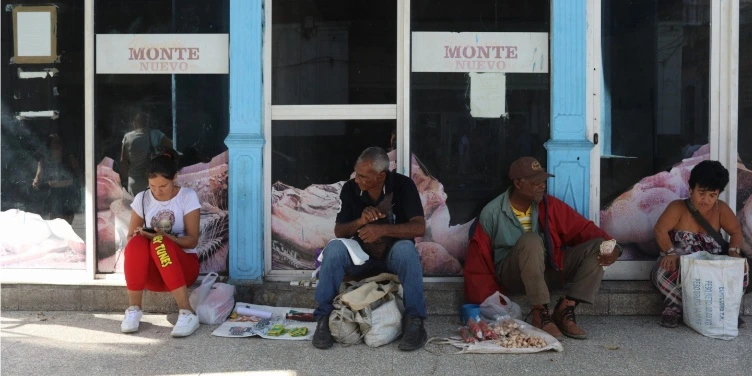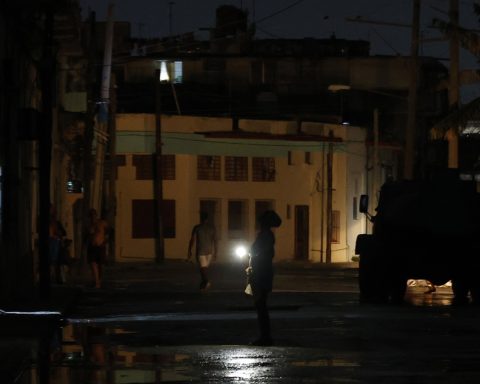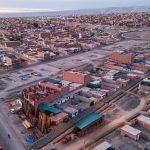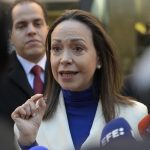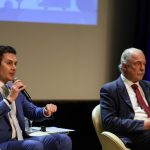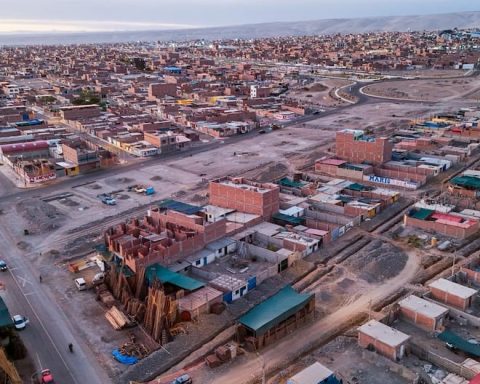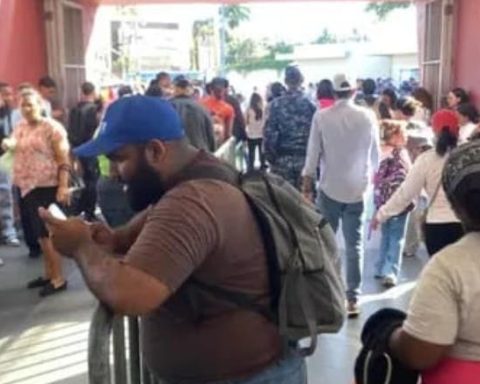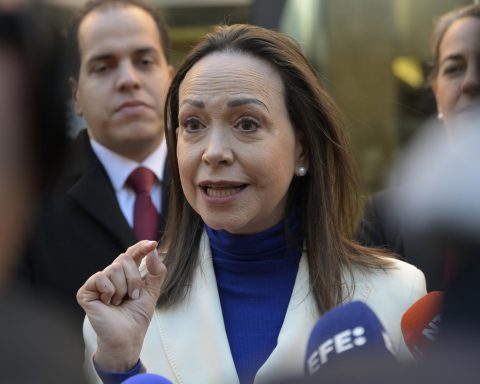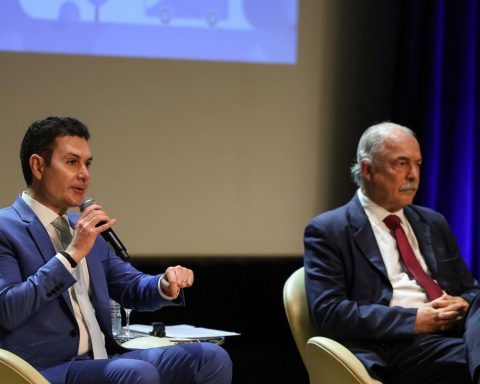SLP, Mexico.- By 2025, the Cuban regime will begin to implement some measures that seek to mitigate the unfortunate economic crisis in the country, as announced by the Prime Minister of Cuba, Manuel Marrero Cruz, during his appearance at the National Assembly of People’s Power in December of the year just ended.
The changes imply an increase in the partial dollarization of the economy, to raise foreign currency, but they also contemplate the imposition of a exchange rate “flexible” for the dollar and the euro, which will “adjust” when the supply and demand of currencies in the formal market change.
To raise foreign currency, they also promote an increase in Internet rates, where a consumption limit will be established, and those who exceed it will have to pay for more connection.
The elimination partial or total tariffs on imported goods and raw materials, such as fertilizers, feed, veterinary medicines and pesticides, also has the purpose of “stimulating” national production, especially food, in the midst of an economic crisis and food shortage in the country .
None of these changes or others announced, however, are significant, and he discussed this CubaNet with the economist Emilio Moralesvice president of the Cuba 21st Century Ideas Laboratory.
Of the changes announced these days, which would you mark as the most significant in the economy and why?
In reality, none of the changes announced is a significant change, they are measures taken hastily, regardless of the circumstances that have derived from the multisystem crisis that overwhelms the country and is a product of the sustained incompetence of those who wield power to resolve it. These measures are born as a result of the deep financial crisis that the Cuban regime is experiencing and which cannot find a coherent solution to resolve it. They are trying to lower costs by eliminating subsidies (elimination of the supply book).
Is the announced partial dollarization a solution to the current crisis?
They have never carried out a real process of dollarization of the economy. What they have done is try to accommodate the way of collecting dollars in the hands of the population at all costs, regardless of the consequences of all the crazy measures they have implemented in the last four years. Dollars, whose main source of emission is Cubans living abroad.
A process of dollarization It requires profound structural changes in the economy, among them we can mention some that are key and that the Cuban regime has never taken into account: a) total liberation of agriculture and the elimination of the collection monopoly; b) establish a market based on free enterprise, based on supply and demand, and with freedom of prices; c) respect private property; d) allow and prioritize foreign investment for Cubans living abroad; e) allow Cuban citizens residing on the Island to undertake any type of business, whether individually or in partnership with a foreign investor, whether a Cuban resident abroad or a foreigner.
These elementary measures mentioned above would have been enough to change the dynamics of the country’s economy and the standard of living of its citizens. But the Cuban regime has always been reluctant to that type of structural changes. Practical reality has shown that it will never do so. It would mean for them the loss of political power, to which they have been clinging for more than 64 years.
All the measures implemented so far have been tremendous nonsensealways with the objective of squeezing the population as much as possible and obtaining the maximum benefit for the regime. This is the formula that they will always use, even if it no longer works for them.
Is an even worse devaluation of the peso predicted and, with it, increased impoverishment of citizens?
The most logical thing is that the devaluation of the peso continues in its upward spiral, since no change is foreseen in the economy that would bring positive signs in the increase of production, nor in labor productivity. Much less in export. Rather, one expects a deterioration even greater state and non-state productive activity. With the new measures, many MSMEs will disappear.
The peasants They will continue with their sit-down strike to deliver as little as they can to the collection. On the other hand, food and medicine shortages will increase. There will also be a considerable decrease in the availability of foreign currency in the informal market, since remittances and tourism in the private sector have considerably decreased their income volumes.
In other words, there will be less availability of dollars on the street. Therefore, the purchase of the currency will become more expensive, as will the products. Neither the State nor the Cuban banks have enough foreign currency to stabilize the exchange market. In fact, the measure of announcing a floating rate was made to compete with the informal market and try to encourage people to exchange dollars with them and not on the street. It is not a measure implemented with the objective of stabilizing the country’s economy, far from it, it is a extent whose objective is clear: to seize the dollars in the hands of the population. Why didn’t they implement the floating rate and the MSME law when the thaw occurred? Simply because they are not interested in the prosperity of Cubans, the only thing they are interested in is staying in power at all costs.
If under the current conditions in which the economy finds itself there is a decrease in the exchange rate in the informal market, there will be no doubt that it will be a forced exchange rate, it will not be an exchange rate that reflects the market reality.
They were categorical that the basic basket would finally disappear. What effect will this have on the country’s economy and the population?
This is going to have a big impact social, since the State is ignoring its responsibility of supplying basic foods to the population and is transferring that responsibility to the citizens themselves, who are constantly lacerated and punished with measures that prohibit the free generation of wealth. Today the State not only takes away your rights, it now officially starves you.
This will profoundly increase the discontent social and citizen rebellion. This harsh shock therapy has the potential to trigger at any moment a social explosion larger than that of July 11, 2021.
When dollarizing with a banking system that is not independent, what risks are run?
As I explained above, this is not a real process of dollarization of either the economy or the banking system. They are betting on implementing measures patches and disjointed, totally out of context, whose objective is very clear: maximizing their profits, not stabilizing the economy. The people have taken away financial control of the currencies and that is what they are trying to recover.
The industrial and financial decapitalization of the country is a fact. Cuba has lost its lines of credit, it owes more than 46 billion dollars, of which it only recognizes about 20,000. Cuba does not pay its creditors, which is why it is currently facing a couple of trials in a London court for being a poor payer. Cuba has become one of the highest risk investment destinations on the planet. Investors located in the country are working to a minimum, in order not to lose the investment, they are subject to a financial corralito that does not allow them to repatriate their wealth.
Before entering into a true process of dollarization of the banking system, the first thing the Central Bank of Cuba has to do is take control of the International Financial Bank (BFI) today in the hands of GAESA, which is the entity that today controls the island. around 95% of the flow of foreign currency that reaches the country through banking, operating without any type of supervision and disposing of all that capital for its own convenience.
Dollarizing the country’s economy and finances is not the objective of the Cuban regime, they will never do that, since it implies giving up large amounts of power that they are not willing to do.
